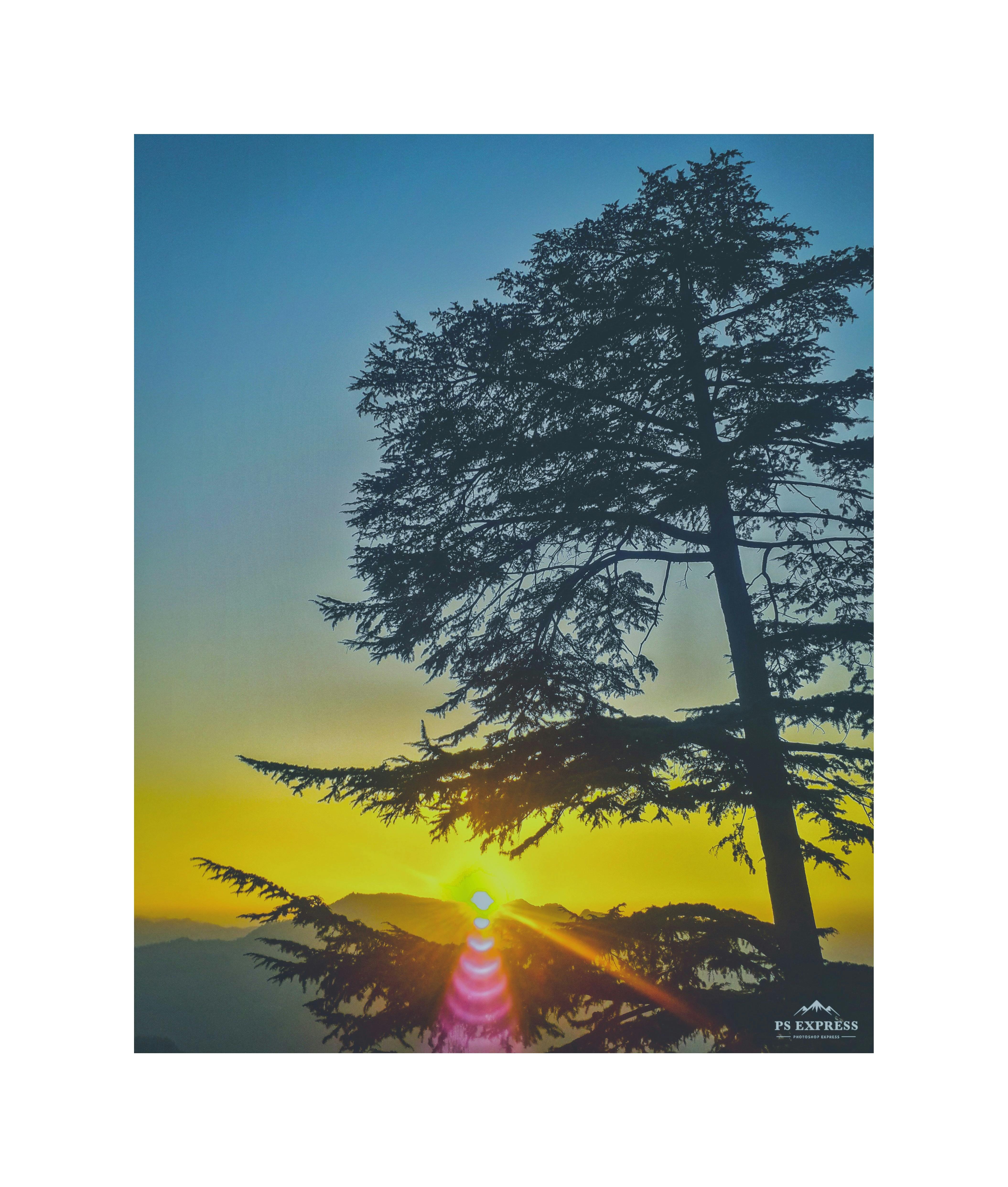
The Secret to Writing Amazing Songs Every Day – In 3 Simple Steps
Most of the musicians/songwriters don’t like to write new songs because of writer’s block. Not to mention all the songs that were started and never finished, or embarrassingly bad and had no connection to their fans at all, make matters worse.
The following steps in this article will show you how to overcome your fear of songwriting and how to easily rebuild it. Learning to become a songwriting hobbyist is a learning process, and we first have to discard preconceived learnings from other places that we need to do it all at once, which is complete nonsense.
The songbook I use has phrases, words, doodles, and all kinds of creativity as I go along. This whole process is not logical, it is very creative with the right side of the brain and it connects with your inner child.
When you commit to this daily exercise, you’ll eventually realize that your first few writings and verses don’t have to be perfect to begin with.
Let’s imagine who would be a more efficient composer in years, if he wrote something daily, instead of once a week, regular daily practice is crucial here.
By tracking your songwriting progress on YouTube (as suggested), you’ll be amazed at your growing expertise and start building a loyal following, especially once you implement a few kewl tricks.
I was listening to Hagop talk about a songwriter who mentioned that 1 in 100 songs he wrote would hit the charts, and this is key to keeping his gravy train going. First step, build subconscious ideas and recharge your creativity for new songs. A great way to do this is to jump over to a guitar tab site (just Google "Gutiar tabs") and search and play your favorite songs.
Take a look at the chord structure and how the melodies work together, and get an idea of why the song packs so much punch.
You can also search news websites and Twitter to see what’s happening and what’s affecting people in the world, if you like to write more current things.
This process shouldn’t take you more than 20 minutes, and you shouldn’t start writing right away.
You need to allow time for the ideas to start rolling in your subconscious, so come back and write your tune the next day.
This means that as you start to make composition a daily habit, you’ll write down your thoughts from the day before when you get up in the morning, and then recharge for tomorrow.
As you recharge, you need to actively take notes and jot down song ideas in some sort of notebook because you’ll be picking one idea to work on songs.
Use a tool like Evernote to list your top ideas, and if you have an iPhone/Android phone, sync your ideas to it. Second step: 25 minutes of fun writing songs, you will need:
Recorder Timer Some kind of instrument (optional)
When you come back the next day it’s time to start writing. Set your timer for 25 minutes and have your recorder handy.
You should pick an idea for a song and stick with it until you’ve completed it. Even if you’re not done and have to come back for another session.
Start writing everything down, sounds, riffs, words, phrases, anything. Just don’t judge it yet, eventually something really good will stand out.
His goal is to play for 25 minutes every day instead of producing a great song because that will be resolved only in the editing phase, as he begins to build a body of work.
This works very well because of the time spent on a melody and allowing it to become something else.
Traditional songwriting methodologies of writing words and playing one tune, then moving on to the next and throwing out the previous one are not efficient, as you never get anything done.
The first five minutes will be like a rocket taking off, you’ll feel the pull of gravity to give up and go check Facebook, but if you can get past the pull of procrastination, the ideas will come like a flood.
The only rule is that you don’t stop recording for the entire 25 minutes and never run out of ideas. You’re on your own and no one is going to laugh, so it doesn’t matter at all if what you come up with seems embarrassing because sometimes those crap ideas will trigger something magical.
To be honest, a focused 25 minute songwriting session should give you more than enough content to finish a song every day once you get good at it.
This process will see him create more songs in a few short months than many in his entire career.
The summary
Write with a stopwatch. Finish at the end of 25 minutes, even if you’re writing a masterpiece (this will get you excited for tomorrow). Don’t criticize what you’ve written, chances are 70% of it is rubbish and edit it. outside, but there could also be 30% magic. Don’t stop for the entire 25 minute period, if you run out of ideas just sing total gibberish and pretty soon your brain will kick back in and you’ll be back to inspiration. Don’t research as you write. If you’re talking about something that needs to be accurate, just make it up. "facts" and check everything you need at the editing stage. Write fast and dump all the brain.
Step 3 – Editing: So now we refine our raw song into a masterpiece. The key is to leave what you record overnight and not force a song right away, or you’ll risk burning yourself out.
Sit down with your recording and write down whatever you came up with using Google docs or your word processor of choice.
You’re going to have tons of options for versus, bridges, and choruses. Be sure to listen to nonsense phrases that can be rewritten more intelligently and deeply.
Once you have all your ideas, you’ll want to group them into verse, chorus, half eighth, or any other way you put your songs together. Then start removing or rewriting anything you’re not totally happy with. Perfection is achieved, not when there is nothing more to add, but when there is nothing left to take away. Antoine de Saint-Exupery, French writer (1900 – 1944) I think that also applies to songwriting, because it’s better to have a shorter song that’s full of great work than something flabby and rambling.
Don’t get too hung up on this step, just get it to a point where it can seamlessly play through an entire song (which you can re-edit later if necessary). Now for step four – "tell the world"This can be quite intimidating at first, but the final step is to post your new creation on YouTube.
Think of this as a way to document your improvements over time and it will ultimately be a very effective public relations tool.
The other big reason to post your work is that it’s a good feedback mechanism to see what connects well with your audience.
Just make sure you listen to any of the naysayers who want to take it down, and don’t take it personally. Just listen to the constructive ones and know that you are on the path to massive success by practicing this and realizing your miles ahead by doing this.
If you can create the habit of writing and posting songs every day, your whole musical life will change because now you are walking as a musician and you are progressing. Producing a large volume of new work is going to be fun.
Your career will be worth it if you start this practice, so start as soon as you can and keep going, you will be surprised how you progress.



